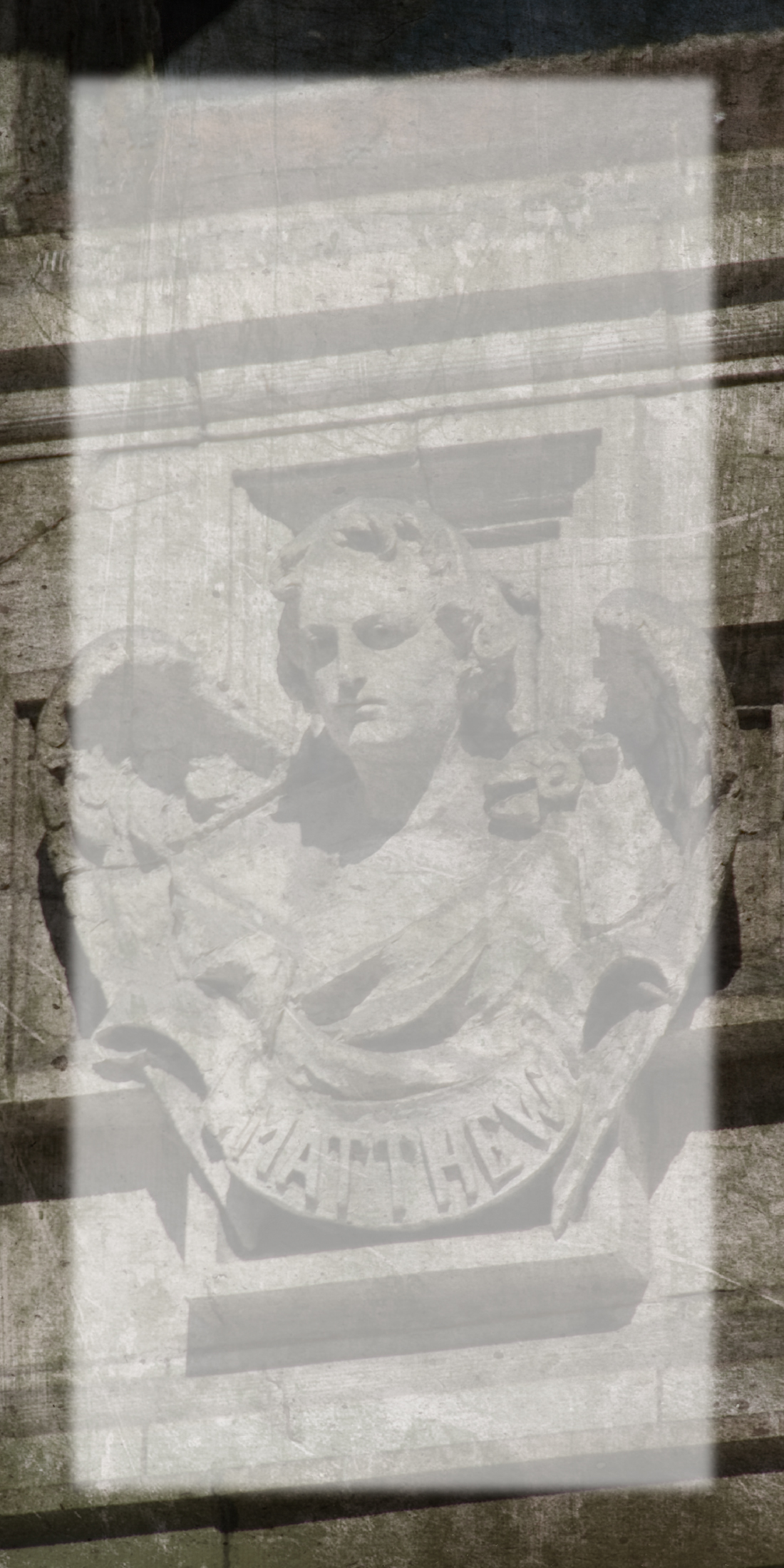Primarily, for
Propertius’ purposes here, as elsewhere, he uses the two implied boats
to indicate two classes of women: unfaithful and the faithful (the
latter accompanied by Cybele’s wild band). At the end of the poem,
Cynthia concludes her list of demands like this:
Don’t spurn the
dreams which come through the portals of truth:
when true dreams
come, they have weight.
By night,
uncertain, we are borne. Night frees the shut-in shades,
and Cerberus
himself, the bar thrown aside, wanders loose.
By daylight, the
laws decree our return to the Lethaean pools:
we are conveyed,
the pilot counts his load of passage.
For now, let
other girls possess you: I alone will hold you soon:
you’ll be with
me, and I’ll rub my bones against yours, enmeshed.
(4.7.87-94)
In Propertius’ mind, the two portals of
dreams, familiar to us from the Odyssey (19.562-7) and Aeneid (6.893-6),
may have suggested two different “waters” leading to different fates
after life. Here, as often in Propertius, there is an element of
vagueness that I have attempted to preserve in my translation. I have
translated gemina sedes as “separate resting places”; the “vile stream”
(turpem amnem) refers to Styx. The obscurity is in diversa aqua,
which I have translated as “different waters.” Does this mean two
different rivers, or simply two different spots at the same river,
leading to different zones of the underworld? It does not really
matter; only that Propertius wishes to distinguish between the good
girls and the bad girls and to importune, through Cynthia’s voice, the
bad, though of course he would be bored silly with the good girls he
often praises as a way of reprimanding his girlfriend.
I notice that my “count his load” from “Barge” comes directly from my translation (“the pilot counts his load of passage”) of vectum nauta recenset onus in Propertius’ poem 4.7. This pleases me, for I believe that this is how poetry is written and handed down from generation to generation. I conclude with the idea that death for Propertius, as for me, is not really the issue. It is rather a metaphor, to be handled lightly, for something that puts life into context.
